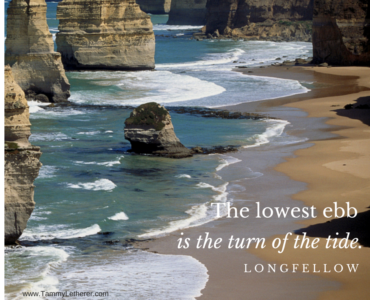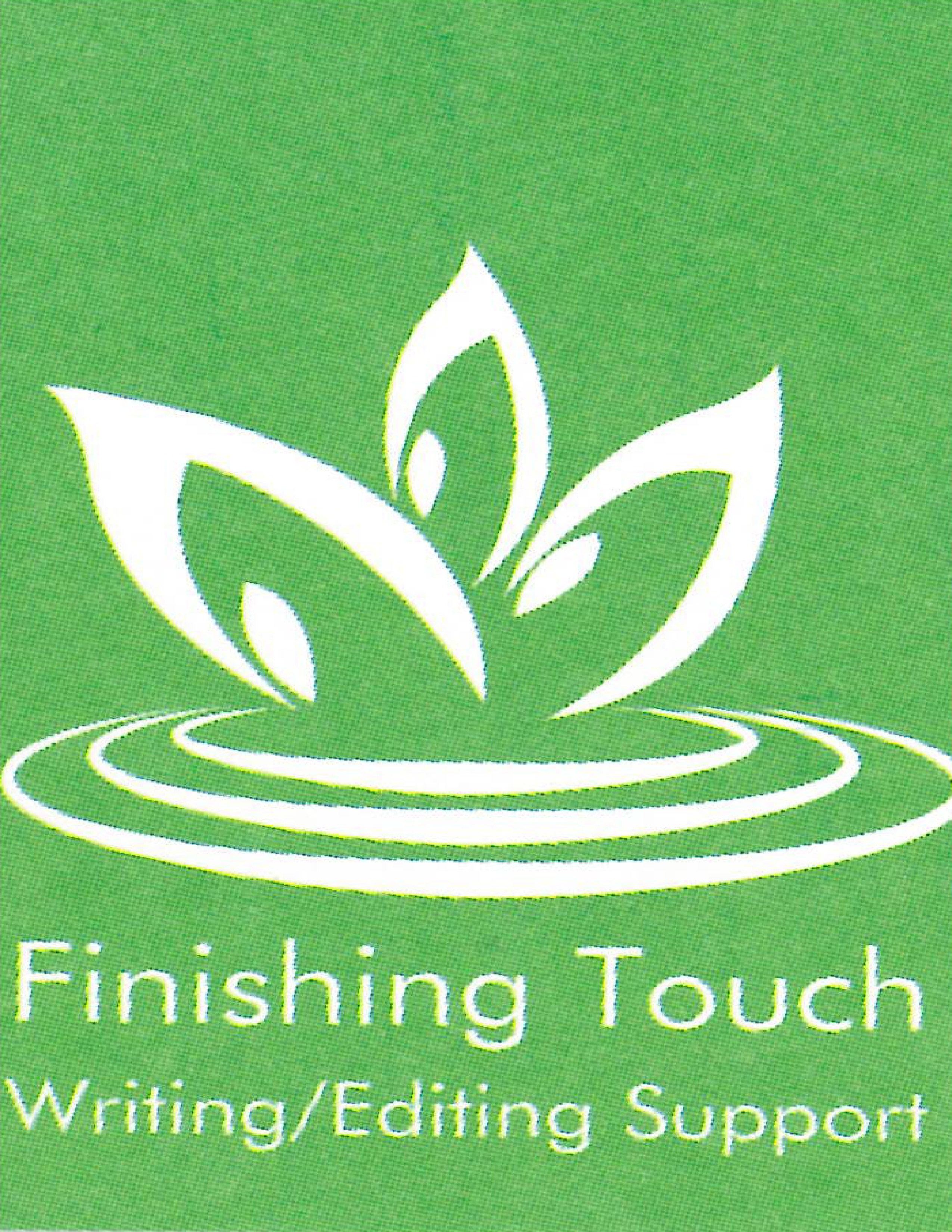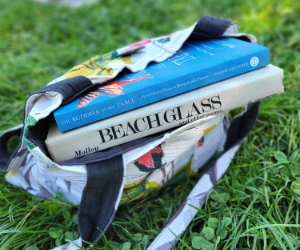 I’d been procrastinating for weeks. I knew I needed an author headshot taken for my book cover, but I hate having my picture taken. Not only that, what if I want to change my hair color? Or get a dramatic new haircut? It never seemed the right time.
I’d been procrastinating for weeks. I knew I needed an author headshot taken for my book cover, but I hate having my picture taken. Not only that, what if I want to change my hair color? Or get a dramatic new haircut? It never seemed the right time.
Then I got an email from the publisher asking about it and saying something about schedules and blah, blah, blah. OK. Time to act.
I booked a photo shoot with photographer Rose Yuen.
Unlike any previous photoshoot I’ve had, this one included a stylist to do my makeup and hair. This too made me uncomfortable. Sure, it seems glamorous, but I worried that I wouldn’t look like myself. Or maybe I was worried that I would.
Just as I was getting used to holding myself in awkward positions under the glare of the lights—chin forward, shoulder back, tilt left, look right—the power went out and the room went black. Fuses and outlets were checked, but a call to ComEd confirmed that the whole block was without electricity and would be for more than an hour. Rose and I felt our way out of the studio to the front of the building, where she continued shooting using the natural light from the windows.
“Wow!” she exclaimed after taking a couple of quick test shots. “Look what’s behind you.”
I turned to see a blackboard that became the perfect “writerly” backdrop for some amazing photos. (Serendipity! The topic of another blog…) Rose showed me a few shots and they were good. Really good. Better than I had hoped. I even looked mostly like me.
I was admiring the way Rose captured me when I felt the creep of something sinister and familiar: Imposter Syndrome.
The person in the photo looks like a real author, I thought. She looks professional, like she knows what she’s talking about.
Who is that person?
And when will the Fraud Police come barging through the door and scream at her to wipe that makeup off her face and act like the Plain-Jane, bookworm, wallflower that she’s supposed to be?
Ever had that feeling?
Imposter syndrome sucks because it sucks the joy out of hard-earned accomplishments. It poisons the creative process and, when it’s allowed to spread, it deprives the world of important, meaningful voices.
Imposter syndrome is so pervasive that everyone has likely suffered from it. Even successful writers are not immune, with authors like Maya Angelou and Neil Gaiman admitting that, for them, it never goes away.
I experience it most often when people ask me what they should blog about. I give what may seem a fake or uneducated answer: Blog about whatever you love.
But what about SEO or content strategy or conversion rates? people sometimes ask. I have to cringe and shrug and admit that I don’t give those things a second thought.
Write what you love. That’s all I know. I can’t advise anything else because I don’t know any other way to write.
John Jakes says it best:
“Be yourself. Above all.
Let who you are, what you are, what you believe,
shine through every sentence you write, every piece you finish.”
Maybe it’s cliche, but if you do that you’ll never be an imposter. You may feel like one, but you won’t be one.
So write your stories, and try not to worry what people will think. Brenda Ueland says that “writing is not a performance but a generosity.” Be generous, beginning with yourself. Maybe, like me, you need a photo of yourself as a reminder that Yes, that’s me! Doing my thing the way only I can.
And you are, I promise, the real deal.








